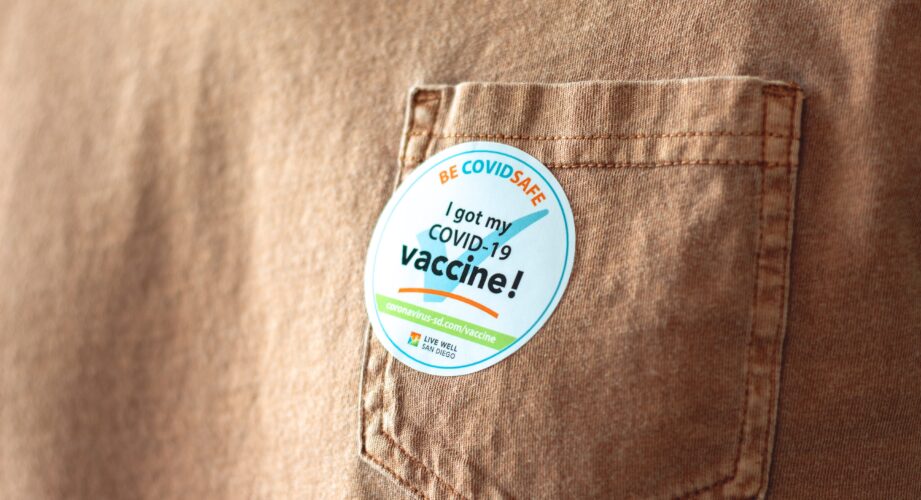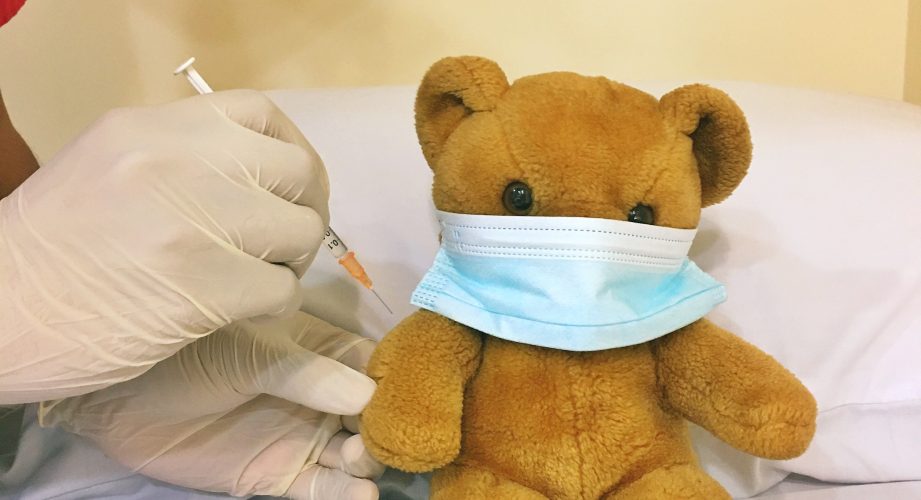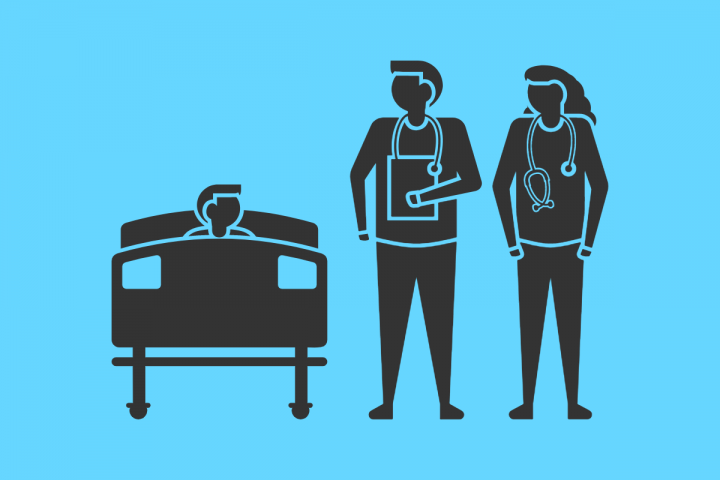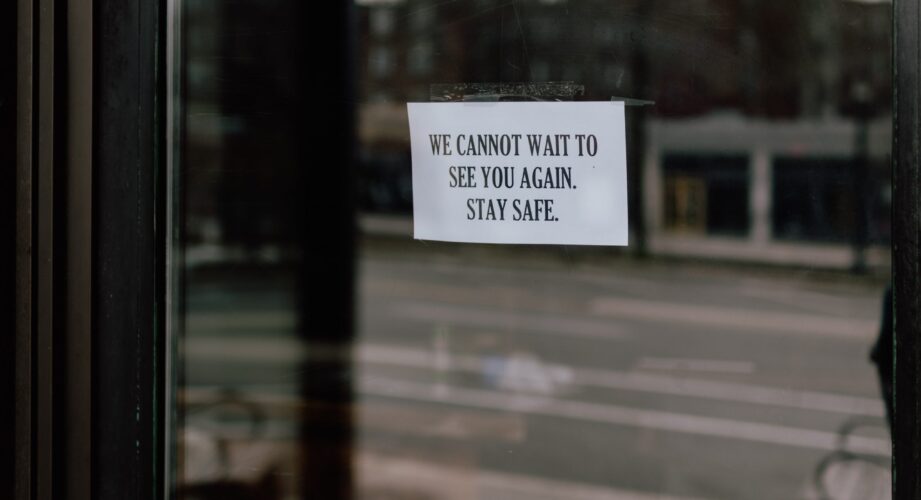Teachers and school staff play a central role in COVID-19 outbreaks on campus, research suggests
School employees have been the source of many outbreaks and may be more likely to transmit the virus to coworkers than students, research suggests. Meanwhile, many teachers are at risk for severe illness if infected.










Expert Commentary